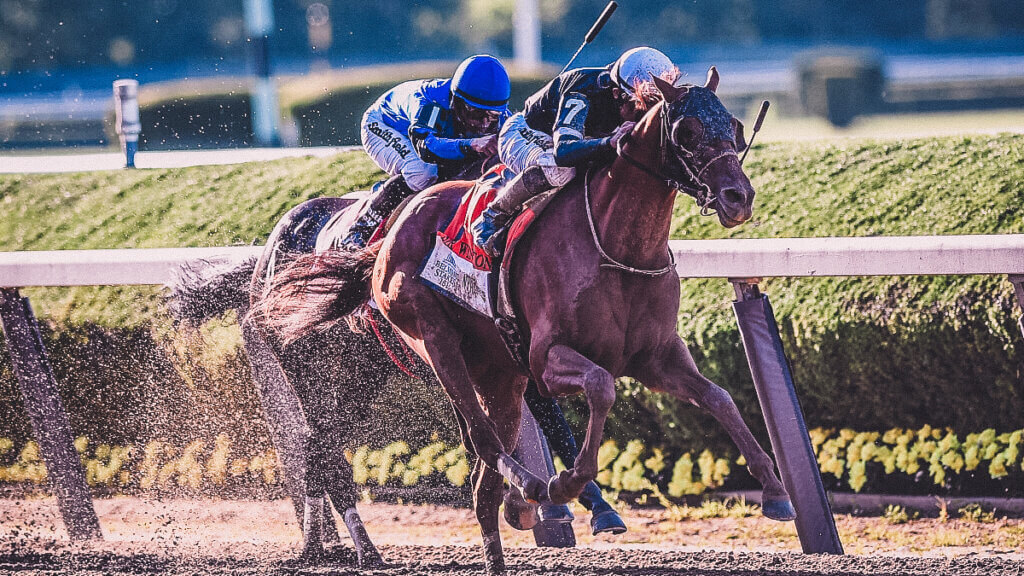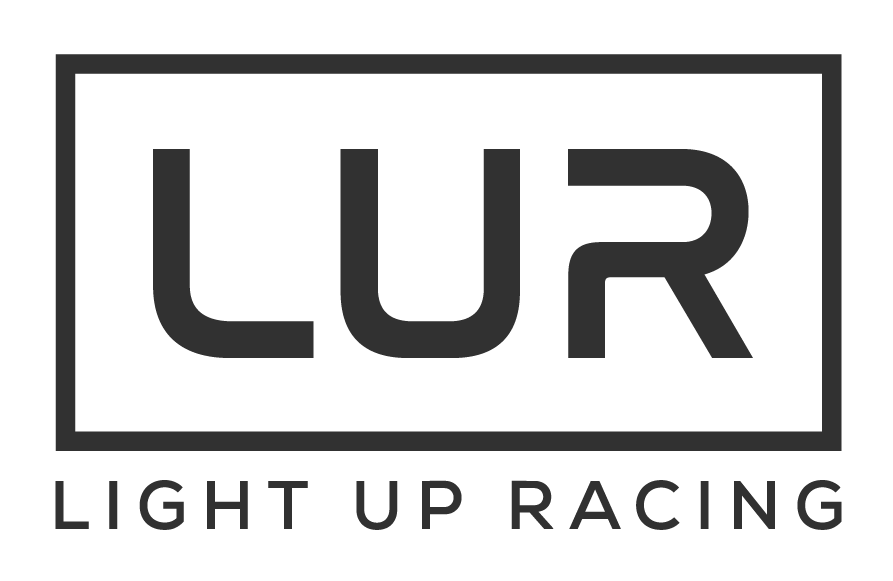Luke KL, Rawluk A, McAdie T, Smith BP, Warren-Smith AK. How equestrians conceptualise horse welfare: Does it facilitate or hinder change? Animal Welfare. Read full paper.
Summary
The social acceptability of equestrian sports has dramatically decreased, as illustrated by global condemnation of horse abuse during the 2020 Tokyo Olympics, leading to significant repercussions such as the removal of the equestrian phase in the modern pentathlon. This incident, among others, reflects growing public unease regarding the welfare of sport horses, putting the industry’s social license to operate (SLO) at risk. Surveys and studies reveal a significant portion of the public and the equestrian community itself harbors concerns about sport horse welfare, signaling a shift in societal expectations towards the treatment of animals in sports.
Despite the equestrian community’s acknowledgment of these concerns, there is a notable gap between the public’s perception and the private concerns of individual equestrians. Many within the industry still prioritize physical aspects of horse welfare, such as quality feed and healthcare, overlooking the importance of mental state and behavior, which are critical components of overall well-being. This discrepancy is further compounded by a general misinterpretation of horse behavior, where signs of distress or discomfort are often overlooked or misattributed to character flaws rather than welfare issues.
Equestrians often publicly downplay welfare concerns, yet privately, many express doubts and fears about the industry’s practices and their impact on horse welfare. This dichotomy highlights a fear of social repercussions for voicing concerns and points to a broader issue of a disconnect between industry practices and evolving societal values regarding animal welfare. The study underscores the urgent need for the equestrian industry to engage in meaningful reforms that align with the Five Domains Model of animal welfare, emphasizing both physical and mental well-being. It calls for participatory programs that facilitate open dialogue and knowledge exchange among all stakeholders to address and mitigate welfare concerns effectively, thereby ensuring the long-term sustainability of equestrian sports in harmony with public expectations and ethical standards.
Key Findings
- Public incidents of horse abuse and scholarly criticism point to a widespread problem within equine competitions and training practices, threatening the integrity of the sport and the well-being of the horses.
- Equestrian stakeholders’ understanding of horse welfare often focuses on physical health and care provision, neglecting the mental state and behavioral needs of horses, which are crucial for their overall welfare.
- The study identifies a discrepancy between the public stance of equestrian organizations and the private concerns of individual equestrians regarding horse welfare, indicating a broader societal shift toward more ethical treatment of animals in sport.
- Misinterpretation of “problem” behaviors in horses, such as aggression or hyperreactivity, suggests a lack of awareness or acknowledgment of underlying welfare issues, often attributing such behaviors to the horse’s character rather than considering potential welfare implications.
- There is a tendency among equestrians to minimize welfare concerns publicly while harboring private doubts and concerns, pointing to a fear of social repercussions for voicing such issues.
Recommendations for Horse Racing and Equestrian Sports
- Enhance Education and Awareness: Develop comprehensive education programs for equestrians at all levels to improve understanding of horse behavior, welfare needs, and the ethical implications of training and competition practices.
- Promote Ethical Training Practices: Encourage the adoption of positive reinforcement techniques and the phasing out of equipment and practices that cause pain or distress to horses.
- Implement Welfare-Focused Policies: Equestrian organizations should create and enforce policies that prioritize horse welfare, including regular welfare assessments and the prohibition of practices known to compromise horse well-being.
- Facilitate Open Dialogue: Create safe platforms for equestrians to discuss welfare concerns and share best practices without fear of stigma or backlash, promoting a culture of transparency and accountability.
- Engage with External Experts: Collaborate with animal welfare scientists, veterinarians, and ethicists to ensure that welfare initiatives and policies are informed by the latest research and ethical considerations.
- Monitor and Evaluate Welfare Outcomes: Regularly assess the impact of welfare initiatives on horse well-being through scientific evaluations and adjust policies and practices based on findings.
By addressing these recommendations, the equestrian industry can work towards restoring its social license to operate and ensuring a sustainable future that aligns with evolving societal values and expectations for animal welfare.



